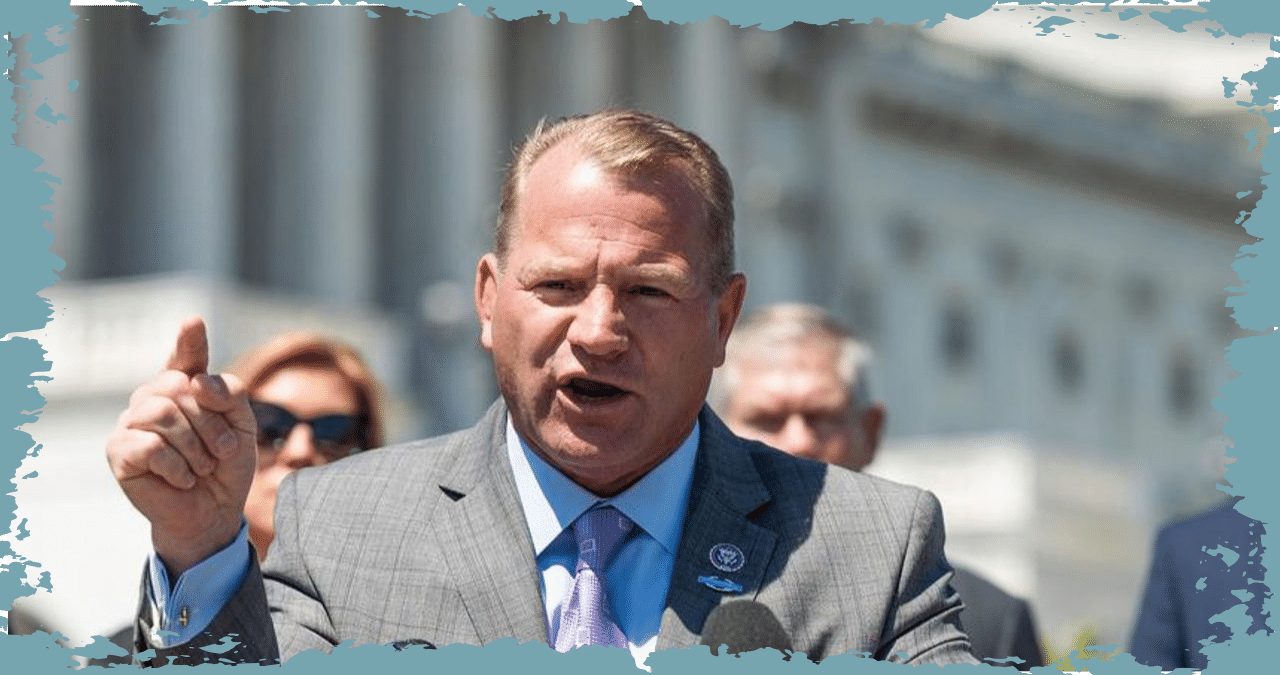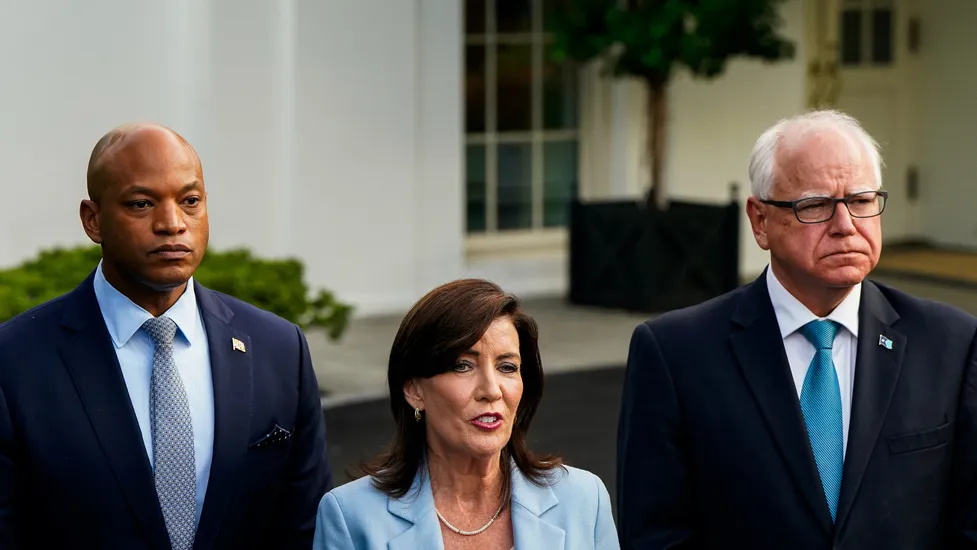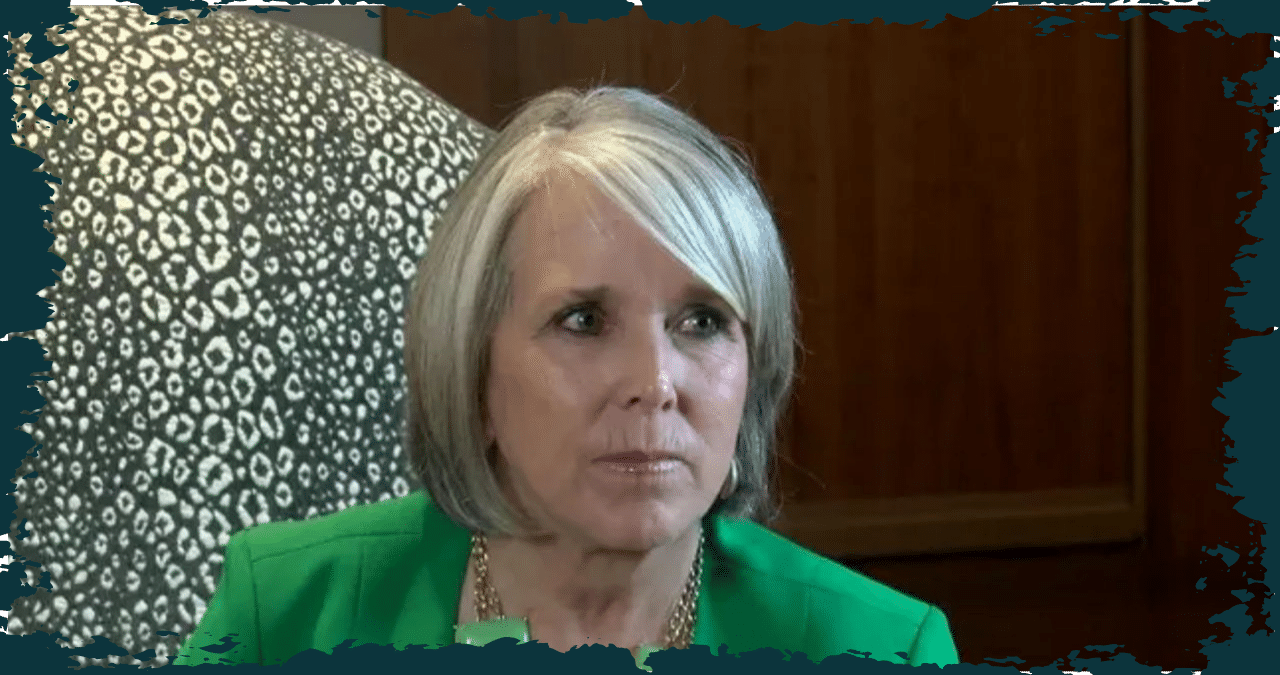On Monday night, a divisive vote to remove a fellow member resulted in U.S. Rep. Troy Nehls, R-Richmond, resigning from the far-right House Freedom Caucus.
In a close 16-13 vote, Rep. Warren Davidson of Ohio was ousted from his position after he endorsed against the group’s chair, Rep. Bob Good of Virginia. Unfortunately, Rep. Ron Nehls was among the losing side of this vote. As a result, the number of Texans in the group of arch-conservatives has now reduced from five to only three since the start of the term.
The Freedom Caucus has removed three Republicans from their ranks within the past year, with Davidson being the latest. In contrast, Nehls expressed a desire to see the group expand, rather than resort to removing members.
Nehls stated in a recent statement that the House Freedom Caucus did not share his objectives, following a vote that took place last night. However, he acknowledged the value that the HFC brings to the table and assured his continued support for their conservative agenda. Despite this, Nehls made it clear that he would not be a member of the caucus going forward.
In the Virginia primary, Davidson drew criticism from the group when he backed John McGuire over Good. Good, who often disagrees with GOP leaders as the chairman, narrowly lost the primary in June. He is currently seeking a recount.
It’s worth noting that Nehls isn’t the only Texan to have parted ways with the Freedom Caucus. The group has earned a reputation for clashing with GOP leadership, and Representative Randy Weber of Friendswood was actually ousted from the caucus earlier this year after a disagreement with Chairman Andy Good over Weber’s attendance at meetings. Despite being a member of the caucus for almost ten years, Weber eventually grew disillusioned with the group’s confrontational approach under Good’s leadership.
During his first term in Congress, Rep. Brian Babin, R-Woodville, was a part of the group. However, he decided to quit in 2017 due to the caucus’ obstruction of the GOP agenda under former Speaker Paul Ryan, R-Wisconsin, and then-President Donald Trump. Rep. Ted Poe of Humble, who is now retired, also left the group for similar reasons.
The Freedom Caucus, widely recognized as the most conservative group of Republicans in Congress, has been expanding its numbers and becoming more willing to challenge the party’s stance. This has resulted in several challenges for the party leadership, particularly in the current Congress, where the Republicans have a slim majority.
During this term, the caucus has increased its influence, especially after former Speaker Kevin McCarthy of California added three members from the Freedom Caucus, including Rep. Chip Roy of Austin, to the House Rules Committee. This committee sets the terms for floor debates on all bills that go through the House. As the policy chair of the caucus, Roy has utilized his position on the Rules Committee to shift the committee further towards the right. Additionally, the Freedom Caucus played a crucial role in the removal of McCarthy from his speakership position last year.
Only three Texans remain on the committee following Nehls’ exit: Keith Self from McKinney, Michael Cloud from Victoria, and Roy, who has been considered as a potential replacement chair in case Good resigns early. Good’s tenure as chair officially ends in 2025, but he will have to step down at the conclusion of the year as he leaves office.
For the past year, the caucus has faced internal divisions that have caused significant struggles. Recently, Rep. Marjorie Taylor Greene of Georgia, who had previously sided with House Minority Leader Kevin McCarthy, had a public dispute with Rep. Lauren Boebert of Colorado, a member of the HFC. This led to Greene being the first member to be removed from the group since its inception in 2015. Additionally, Rep. Ken Buck of Colorado was also removed from the group due to apparent attendance issues just before leaving office. Despite these setbacks, the HFC’s membership has grown to 45 members at the beginning of the 2022 term.






